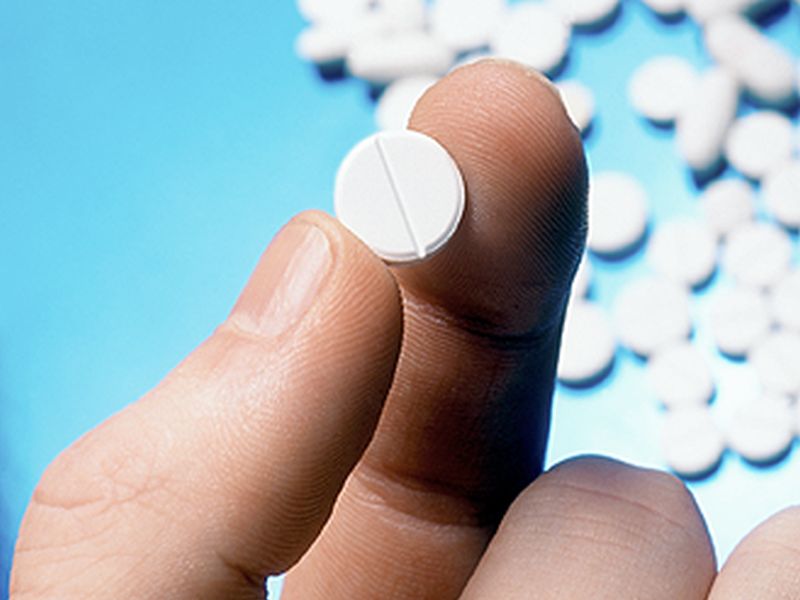
Possibly. Researchers just tested a combo pill containing low doses of two blood pressure medications, a statin and a medication that keeps you from retaining excess fluid. They estimated that taking the polypill over a year reduced the risk of heart disease and blood vessel disease by 25% in a group of low-income Americans.
"The polypill is not a new concept. It's been around for a couple of decades, but most of the research has been overseas in low- to mid-income countries," said study author Dr. Daniel Munoz. He's a cardiologist at Vanderbilt University Medical Center in Nashville, Tenn.
"This simple strategy may offer key advantages in preventing cardiovascular disease, especially to those in underserved populations." Munoz said.
British researchers recently came to the same conclusion. Their polypill had two blood pressure medications, one statin and aspirin, and it cut the risk of life-threatening heart problems in an Iranian population by more than one-third over five years. That study was published in August in The Lancet.
One reason the medication may have worked so well in the current study is that people actually took it. Munoz said that when people are prescribed multiple medications, fewer than half take the drugs as often as they should. In this study, people took the polypill 86% of the time.
"The simplicity of a single daily pill is hard to overstate," Munoz said.
The researchers recruited just over 300 people in Alabama for the study. The group was 96% black, and three-quarters of the group had an income of less than $15,000 a year. Half received the polypill and the other half received usual care at a local community health center.
Many of the study volunteers were obese and nearly half had significantly high blood pressure.
The polypill used in the study cost about $26 a month to make, but was given to study volunteers at no cost. Munoz said he's not sure what the cost might be if the drug was commercially manufactured.
After a year, systolic blood pressure (the top number in a blood pressure reading) went down by 9 mm Hg, compared to 2 mm Hg in the usual care group. LDL cholesterol - the "bad" kind - dropped by an average of 15 milligrams per deciliter (mg/dL) in the polypill group versus 4 mg/dL in the usual care group.
During the study, people could take additional medications as necessary.
"When we use a polypill, it's important to recognize that one size may not fit all," Munoz said. And the low doses used in the polypill allow doctors to add medications as necessary, while still giving some protection to those who might not always have access to care.
Dr. Chadi Alraies, a cardiologist with Detroit Medical Center's Heart Hospital, reviewed the findings.
"The polypill has been proposed multiple times, and could have a big public health impact. This study showed a big jump in compliance to the medication," he said, adding that it could be especially helpful for patients who have low access to health care.
Both experts said the dosages of the medications used have a low risk of side effects.
"Despite everything we've learned about treating and preventing cardiovascular disease, certain people have been left behind and there's still a huge disparity in access to care. The polypill is an example of the creativity and innovation that's going to be necessary to bridge that gap," Munoz said.
The study was published Sept. 18 in the New England Journal of Medicine.








0 Comments